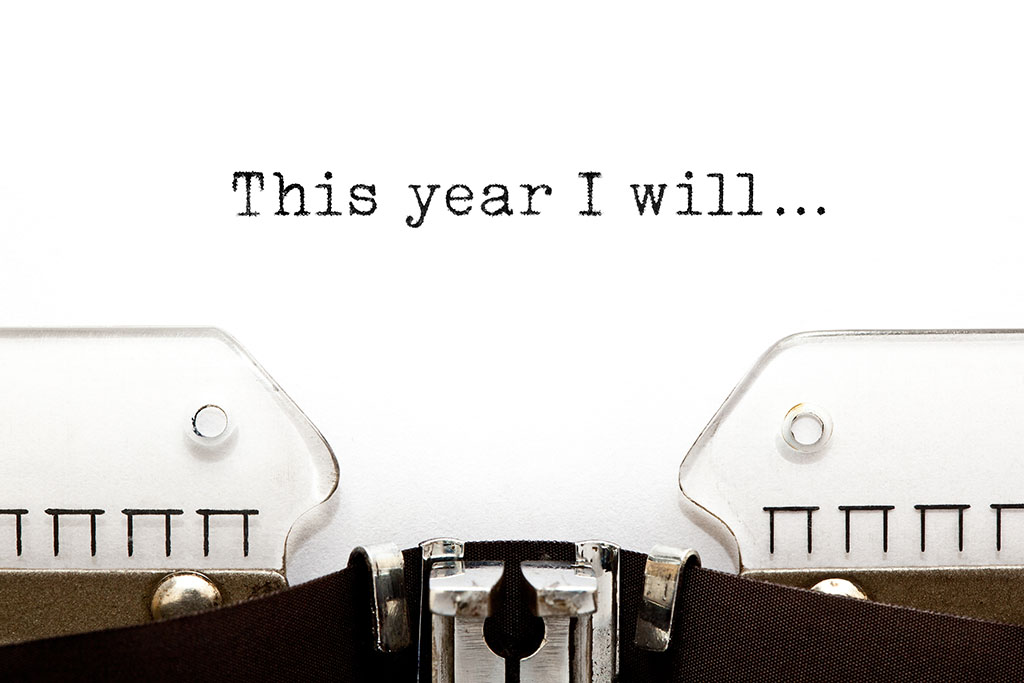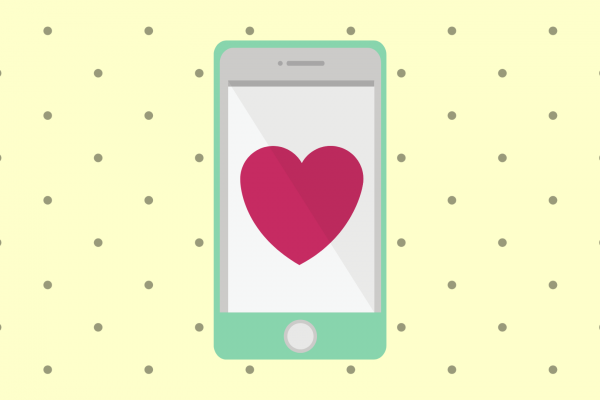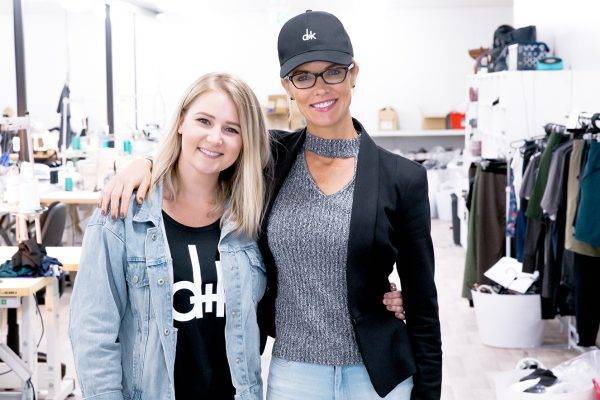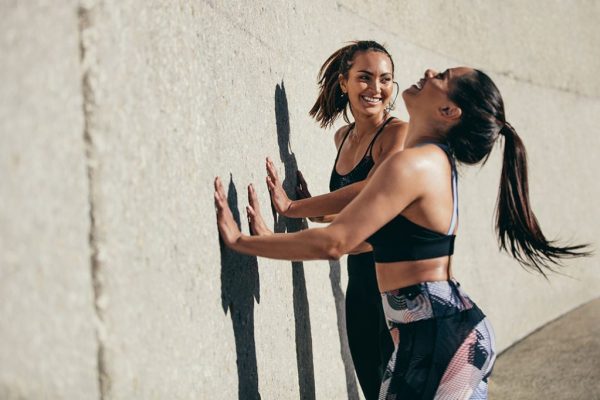The new year is fast approaching, and with it hopefully new habits for 2020.
An eco-resolution will help save the environment and your wallet so try one (or two) for January and see if you can continue…
Image via Adobe Stock

1. Give up single-use plastic
It’s no secret that plastic is destroying the environment, in particular the ocean (just ask David Attenborough). Until the government and corporations step in, individual action is crucial to help reduce plastic waste.
“30% of the world’s turtles and 90% of seabird species have now ingested plastic debris.” -Greenpeace Australia.
Individual action can make a big difference, for example, plastic bags are soon to be banned in most states of Australia thanks to campaigners. Below is a list of other steps to take to avoid plastic.
Buy a reusable coffee cup
Buy a bamboo cutlery set
Say ‘no’ to straws or invest in a reusable one to carry with you
Buy fresh produce to avoid plastic packaging (Harris Farm has 50% off misshapen fruit & veg)
2. Only buy second-hand clothing
Fast fashion is a slow death for the planet and us, with nearly 85% of clothing purchased each year ending up in landfill. Cheap fashion comes at a high cost of worker exploitation and environmental damage and no-one wants to encourage a dirty industry. Second-hand clothing may not be the solution; however, it does prolong the life of a garment and save money. If you need something, try looking at local markets or op-shops…I’ve never looked back!
3. Don’t buy any clothing
Take it one step further and see how long you can go without buying any clothing for a while. I read a great article recently on ways to wear your own wardrobe, it’s also a lot of fun to go through what you already have…you might be surprised.
4. Try meat-free Monday
I’m sorry meat-eaters, it’s time to cut down your consumption of red meat. 51 percent or more of global greenhouse-gas emissions are caused by animal agriculture, according to a report published by the Worldwatch Institute. You don’t need to cut it out completely, try new vegetarian recipes for the month or meat-free Mondays. Reducing meat consumption will dramatically reduce your carbon footprint and might make you feel better
5. Invest your money better
As consumers, the choices we make matter for the environment and each other. Where we put our money makes a huge difference, that’s why the below are important actions to consider for 2018.
Switch to an ethical super, for example, Australian Ethical
Look at your bank’s ethics & sustainability, this article on ethical banking may help.
6. Take public transport or walk to work
It’s easy to get into a car to drive down the street without a second of hesitation. For a month, see the difference it makes to take public transport or walk to work (within reason). Download a podcast to listen to on the bus or new music to walk to, it could change your whole morning!
7. Make your own cleaning products
Home-made cleaning products – better for your wallet, health and the environment. It’s also surprisingly easy to make and use. Here are some great recipes.
8. Purchase a compost bin or worm farm
This may seem like the least exciting resolution, it is however surprisingly fun. It’s interesting to see how much waste can be composted instead of shipped off to landfill. It can also be used to fertilise a garden – free fertiliser! Check out your local council’s website to see if they give out free or discounted compost bins or worm farms (for those without a garden).
We have two stories on portable composting and pet poo composting.
Do you have any to add to the list? Leave a comment below.
*This story contains affiliate links which means we make a small commission on sales generated by clicking the affiliate links. You do not pay any more as a customer and this helps us pay our team and cover our operating costs.


